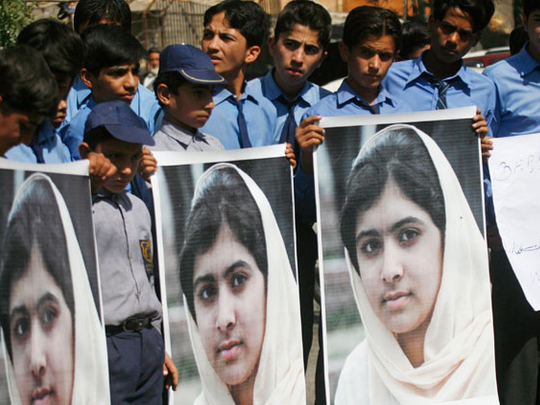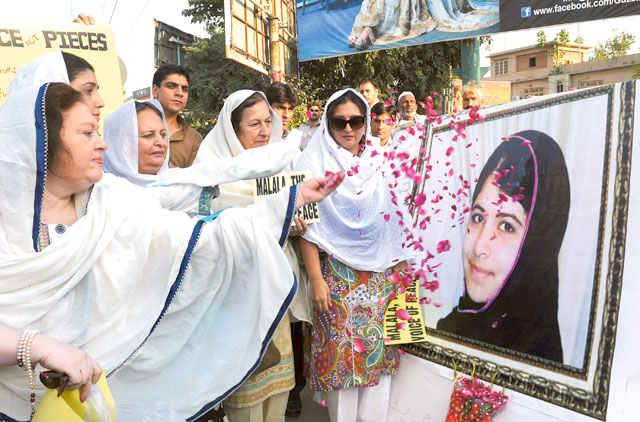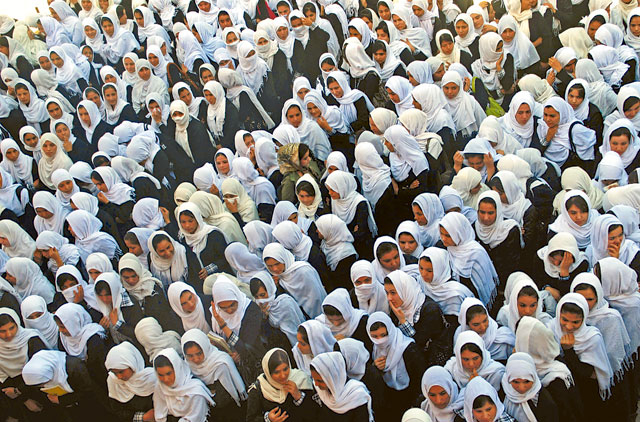
Islamabad: Her name literally means “grief stricken,” but Malala Yousufzai became a symbol of resistance to extremism when she was only 11-years old – a role that eventually endangered her life.
Malala embarked on her risky mission by blogging for BBC Online, adopting the pen name Gul Makai after a popular Pashtun folklore heroine. This was when the Taliban seized control of the Swat Valley in 2009, turning the tourist paradise into a cauldron of repression.
Malala’s diary entries on the BBC — which highlighted atrocities, the denial of women’s right to education and blowing up a chain of schools in the region by extremist groups — rapidly attracted international attention.
In May 2009, the Pakistan army, backed by a national consensus on resolute action against the threat to national security, thrust into Swat and regained control. From Mingora, Malala then wrote: “I had a terrible dream. I have had such dreams since the launch of the military operation in Swat. I was afraid going to school because the Taliban had issued an edict banning all girls from attending schools.”
Malala’s true identity emerged when the international children’s advocacy group KidsRights Foundation nominated her for the International Children’s Peace Prize, making her the first Pakistani girl to be nominated for the award. For her courageous and outstanding services for the promotion of peace under extremely hostile conditions, Malala was awarded the first National Peace Award by the Pakistan government in December 2011.
Malala also wanted to form a political party focused on education, and her contribution to the cause of female education and women’s rights is widely acclaimed globally. The teenage rights crusader recently told a TV channel: “My role and struggle is beyond personal fame and achievement. I will be happy when every girl in this land gets formal education. I will not sit with ease until all girls receive education.”
On Friday, Prime Minister Raja Pervez Ashraf, who visited Malala’s family at a heavily guarded military hospital in Rawalpindi, told reporters that the Taliban targeted her because “they were scared of the power of her vision.”
“She is the true face of Pakistan,” he said.














